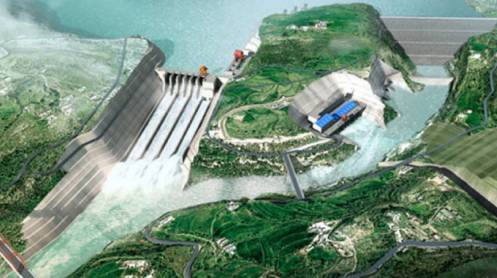ISLAMABAD: After extensive negotiations, the government task force on energy and 17 Independent Power Producers (IPPs) operating under the 1994 and 2002 Power Policies have reached an agreement on a hybrid ‘take and pay’ model. The deal marks a significant step toward addressing inefficiencies in power purchase agreements (PPAs) while reducing the financial burden on the national exchequer.
The task force, led by Federal Minister for Power Sardar Awais Khan Leghari, engaged experts and representatives from NEPRA, CPPA-G, and SECP in the discussions. Legal teams from both sides have finalized amendments to the PPAs and Implementation Agreements (IAs), which are now awaiting Cabinet approval. Once approved, the revised tariffs will be submitted to NEPRA for determination.
The amendments include changes to tariff structures, operational costs, and profit-sharing mechanisms. Notable revisions are:
Rebasing tariffs for operations and maintenance (O&M) costs.
Shifting return-on-equity payments to a hybrid model.
Capping insurance premiums at 0.9% of the EPC cost.
Eliminating international arbitration in favor of local dispute resolution.
Nishat Chunian Power Limited (NCPL) formally informed the Pakistan Stock Exchange (PSX) of its board’s approval of the amendments, with the new terms effective from November 1, 2024. These include waiving delay payments and addressing outstanding receivables within 90 days of Cabinet approval.
The government expects to save Rs3.50 per unit through these revisions, potentially increasing to Rs6.50 per unit after renegotiating debts with Chinese IPPs. The next phase of discussions will involve government-owned power plants and renewable energy projects.
With this agreement, the total number of IPPs under revised contracts now stands at approximately 30, including pre-1994 projects and bagasse-based plants. The deal represents a pivotal shift toward greater efficiency and affordability in Pakistan’s energy sector.
Story by Mushtaq Ghumman





